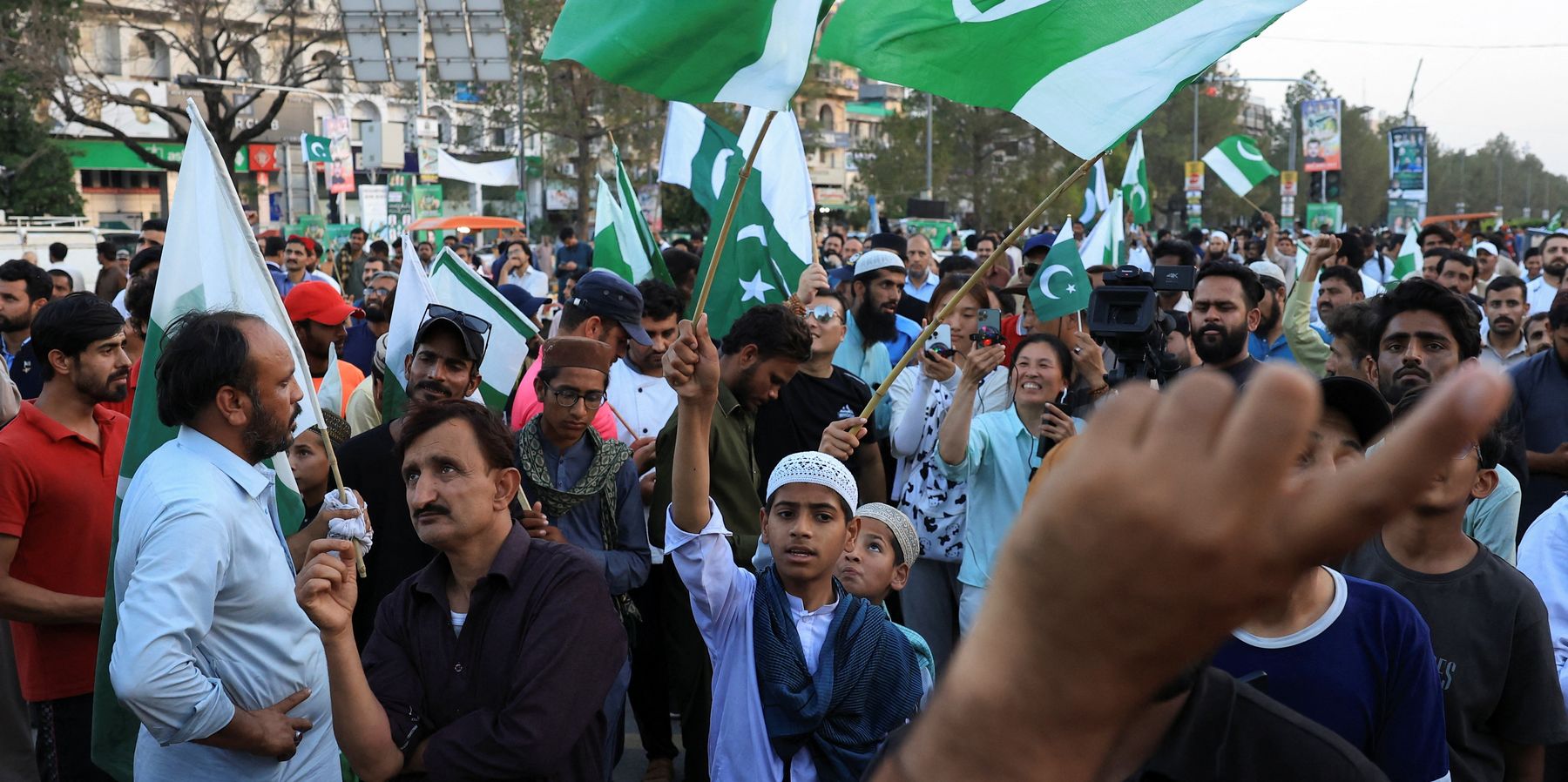Saturday morning (U.S. time), President Trump and Rubio claimed credit for brokering a ceasefire between India and Pakistan following a week of dangerous cross border attacks.
It was not clear by midday whether the ceasefire, if fully confirmed, would hold, though Pakistan's Prime Minister Shehbaz Sharif thanked President Trump, Vice President JD Vance and Secretary of State Marco Rubio, the first acknowledgement of the deal by either side today. “Pakistan appreciates the United States for facilitating this outcome, which we have accepted in the interest of regional peace and stability,” Sharif said.
As international encouragement for the ceasefire came in from Europe, cross border skirmishes were already being reported by the New York Times, indicating the tenuous nature of the situation.
On April 22, terrorists attacked a group of Indian tourists near Pahalgam in Indian-administered Kashmir, killing 26 civilians. India blamed Pakistan-based militant groups with a history of cross-border attacks. Pakistan denied responsibility, pointing instead to local Kashmiri militants acting on their own. It was the deadliest civilian attack in India since the 2008 Mumbai attacks.
Fears of retaliation surged as India suspended the Indus Water Treaty and both countries canceled each other’s visas.
On May 7, India struck what it said were terrorist camps in Pakistan, launching missiles into Pakistan-administered Kashmir, killing 31 people according to Pakistani authorities. Drone strikes followed in both countries’ Punjab provinces. Pakistan claimed to have downed up to five Indian jets; U.S. officials claimed it was two. This was also viewed as a showcase of Chinese aircraft against French and Russian models.
By Friday night, the conflict escalated dramatically. Drone strikes by both sides were taking place continuously and heavy artillery fire by both sides on the Line of Control in Kashmir was forcing major evacuations of civilians. India targeted military bases inside Pakistan’s Punjab, including Nur Khan airbase near Rawalpindi, close to the military’s headquarters, after alleged Pakistani missile strikes in the Indian state of Punjab. In response, Prime Minister Shehbaz Sharif convened Pakistan’s National Command Authority, signaling deliberations over its strategic–and possibly nuclear options.
What followed is murky, but U.S. intervention appeared swift. Vice President J.D. Vance had initially downplayed the crisis as “none of our business,” but Secretary of State Marco Rubio called Pakistan’s army chief, urging de-escalation. The Saturday ceasefire news out of Washington is welcome but aside from Rubio and Trump taking credit, both India and Pakistan had plenty of reasons to avoid all out war— for India especially it would have endangered its successful economic growth story. Their close regional partners also pushed for peace. Whether it was true mediation or simply backchannel encouragement remains unclear-but for now, the region has stepped back from the brink, saving many lives.
- The India-Pakistan Clash: Welcome to the Post-Unipolar World ›
- Trump's India problem could become a Global South crisis | Responsible Statecraft ›
















